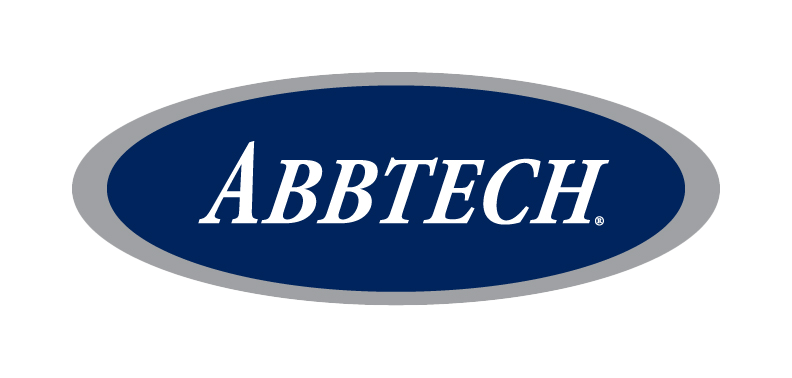Disciplining employees is a delicate endeavor that requires finesse, empathy, and a clear strategy. As managers and leaders, it’s our responsibility to maintain a positive work environment while ensuring that performance issues are addressed promptly and effectively. In this blog, we’ll explore the best advice for reprimanding employees with the aim of fostering growth and maintaining workplace harmony.
Emphasize Privacy and Respect
First and foremost, avoid publicly calling attention to mistakes. The initial reaction to an error might be to address it immediately; however, this can lead to embarrassment and resentment. Instead, opt for a private 1-on-1 conversation where the focus can be on giving constructive criticism. If necessary, include an HR representative to ensure the meeting stays on track and all parties feel supported.
Seek to Understand
When sitting down with an employee, strive to understand their intentions and the context behind their actions. Often, what might appear as negligence could be a result of miscommunication or lack of resources. By approaching the conversation with an open mind, you help create a safe space for the employee to share their perspective and for you to provide guidance without undermining their confidence.
Offer Constructive Solutions
Work closely with the employee to dissect the issues they were facing and discuss what could have been done differently. Offer alternatives and solutions, rather than just pointing out what went wrong. This approach not only helps rectify the current situation but also equips your team member with the tools to handle similar challenges in the future, ultimately enhancing their professional development.
Keep a Record
Maintaining a log of these disciplinary conversations is crucial. Documenting the details of each meeting serves multiple purposes: it provides a reference for any follow-up actions, helps track the employee’s progress, and ensures consistency in your management approach. This record will be invaluable if the issue becomes recurrent and more serious steps need to be taken.
Focus on Improvement, Not Punishment
Remember, the goal of discipline is not to punish but to correct and improve. Your approach should always be from a place of wanting to see your team succeed. Positive reinforcement, alongside constructive criticism, can work wonders in motivating employees to improve their performance and avoid future missteps.
Establish a Clear Path Forward
In the unfortunate event that disciplinary actions escalate, having a structured process in place, such as a performance improvement plan (PIP), can help both the employee and the company. A PIP outlines specific expectations and benchmarks for improvement, providing a clear roadmap to success. It also demonstrates your commitment to your team’s growth, rather than a rush to termination.
Need Help Hiring? We’re Here for You
Finally, if you find yourself in need of additional support for hiring and building a robust team for the year ahead, don’t hesitate to connect with the team at ABBTECH. We’re here to assist you in creating a strong, cohesive workforce that can navigate challenges effectively and with a positive spirit. Contact us today!

